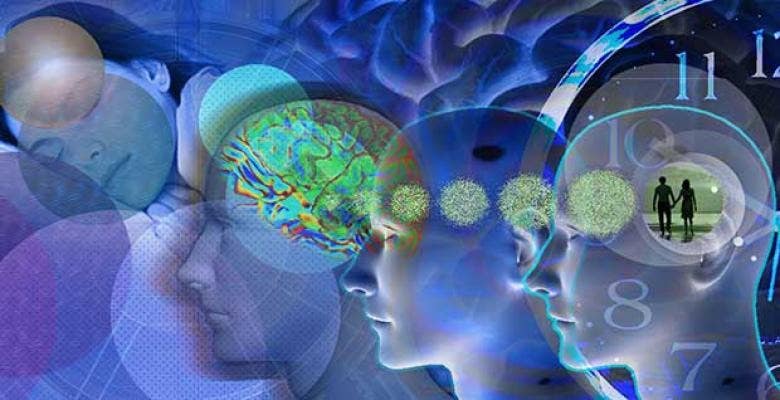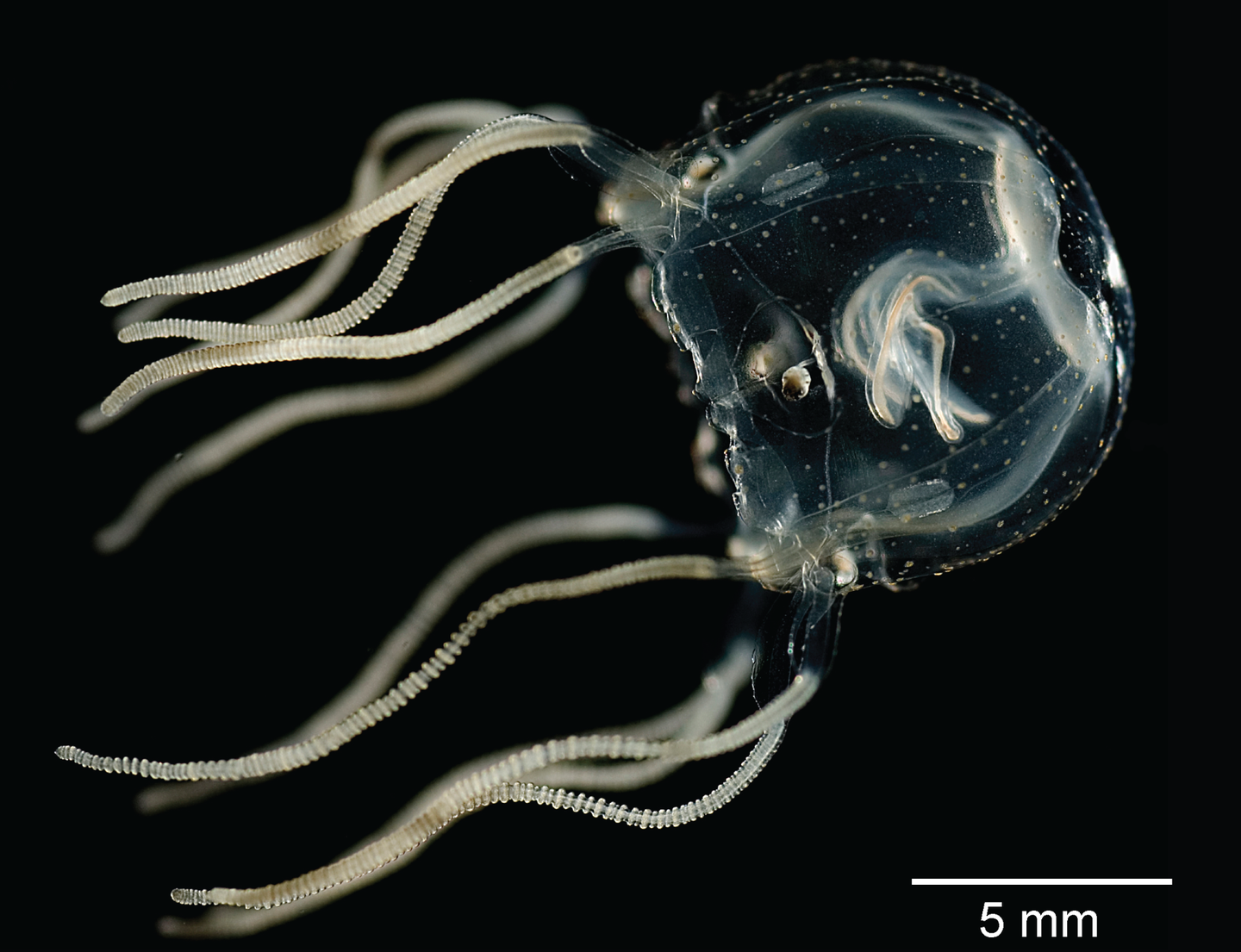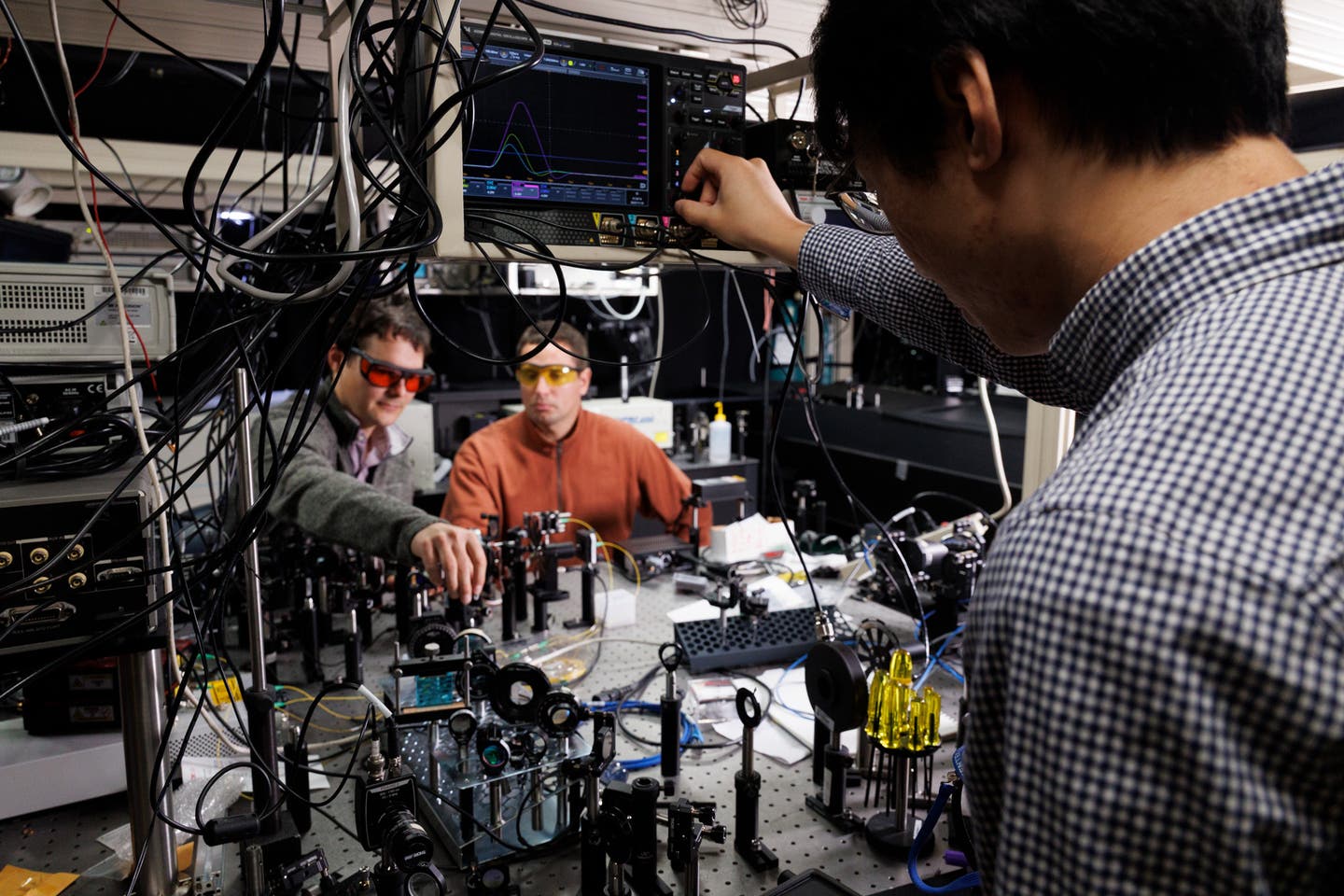Breakthrough research explains how the brain stores memories
Ever wonder where a memory resides in the brain? Or what determines its location within our complex neural architecture?

[July 23, 2023: Staff Writer, The Brighter Side of News]
If the memory of your first bike ride, or the scent of your mother's cooking from your childhood home, is triggered, where in your brain would you find these memories stored? (CREDIT: Nicoletta Barolini)
Ever wonder where a memory resides in the brain? Or what determines its location within our complex neural architecture? If the memory of your first bike ride, or the scent of your mother's cooking from your childhood home, is triggered, where in your brain would you find these memories stored?
A groundbreaking theory proposed by researchers at HHMI's Janelia Research Campus in collaboration with their counterparts at University College London (UCL) seeks to offer a novel perspective. The researchers suggest that the utility of a memory for future situations dictates its place within the brain.
Unraveling Memory Consolidation
Memory storage in our brain is a fascinating process, composed of intricate mechanisms. Among these mechanisms, a central role is played by 'systems consolidation.' It's a process that transfers certain memories from one part of the brain to another - more specifically, from the hippocampus, where memories are initially deposited, to the neocortex, their long-term residence.
According to the classical theory of systems consolidation, memories migrate from the hippocampus to the neocortex over time. However, empirical evidence challenges this theory, showing that some memories make a permanent home in the hippocampus, never to be transferred to the neocortex.
Related Stories
Over the past few years, psychologists have proposed various theories trying to comprehend this more complex view of memory consolidation. The focus has been on understanding what determines whether a memory remains in the hippocampus or gets consolidated into the neocortex. Yet, the mathematical reasoning behind this selection process remained elusive.
A Quantitative Leap in Understanding Memory
Janelia researchers, armed with this existing body of knowledge and the quest to solve this enigma, have proposed a fresh, quantitative perspective on systems consolidation. They introduce a mathematical neural network theory suggesting that memories consolidate into the neocortex only if they contribute to enhancing 'generalization.'
Generalizations, a term we often hear but may not fully grasp, are assembled from reliable and predictable components of memories. They equip us to adapt our past experiences to new situations. For instance, we can generalize certain aspects of our memories to better comprehend our surroundings, like the fact that the presence of canyons usually indicates the presence of water.
Neural network model of systems consolidation. Our theoretical framework assumes that the neocortex extracts and encodes environmental relationships within the weights between distributed neocortical neurons in a process mediated by hippocampal reactivation. (CREDIT: Nature)
In contrast to this are episodic memories - detailed recollections from the past, each unique and personal, like a memory of hiking a specific canyon and encountering a body of water.
According to this new perspective, consolidation isn't merely copying memories from one part of the brain to another. Instead, it involves creating a new memory that generalizes earlier experiences. Intriguingly, the theory suggests that it is not the age of a memory, but the extent to which it can be generalized that determines whether it is consolidated or remains in the hippocampus.
Go-CLS mirrors memory research findings. Memorization (a and b) and generalization (c and d) scores for the integrated student–notebook system as a function of time and SNR, when optimized for student memorization (a and c) or generalization (b and d). (CREDIT: Nature)
Decoding the Process
To demonstrate their hypothesis, the researchers employed neural networks to illustrate how the degree of consolidation fluctuates depending on the generalizability of a memory. In doing so, they could replicate previous experimental patterns, which the classical theory of systems consolidation failed to explain.
The next chapter in this exciting line of research involves testing this novel theory through experiments to ascertain its predictive capacity on the degree of memory consolidation. An equally significant avenue to explore is examining the proposed models of how the brain differentiates between predictable and unpredictable components of memories to regulate consolidation.
Many forms of unpredictability demand regulated systems consolidation. j, Cartoon illustrating a child’s experience at a lake with her father. k, Cartoon illustrating conceptual differences between what is consolidated in standard systems consolidation and Go-CLS. (CREDIT: Nature)
A deeper understanding of memory systems can have far-reaching implications. Unraveling the intricacies of memory consolidation might illuminate an essential facet of cognition, and the knowledge gained can potentially benefit human health and the burgeoning field of artificial intelligence.
In an era where our brains are exposed to an ever-increasing amount of information, understanding how our minds choose what to remember and what to forget becomes ever more relevant. The insights from this study, grounded in rigorous scientific analysis and innovative thinking, promise to enrich our understanding of the human brain, opening up new possibilities for future research and applications.
For more science stories check out our New Discoveries section at The Brighter Side of News.
Note: Materials provided above by The Brighter Side of News. Content may be edited for style and length.
Like these kind of feel good stories? Get the Brighter Side of News' newsletter.



